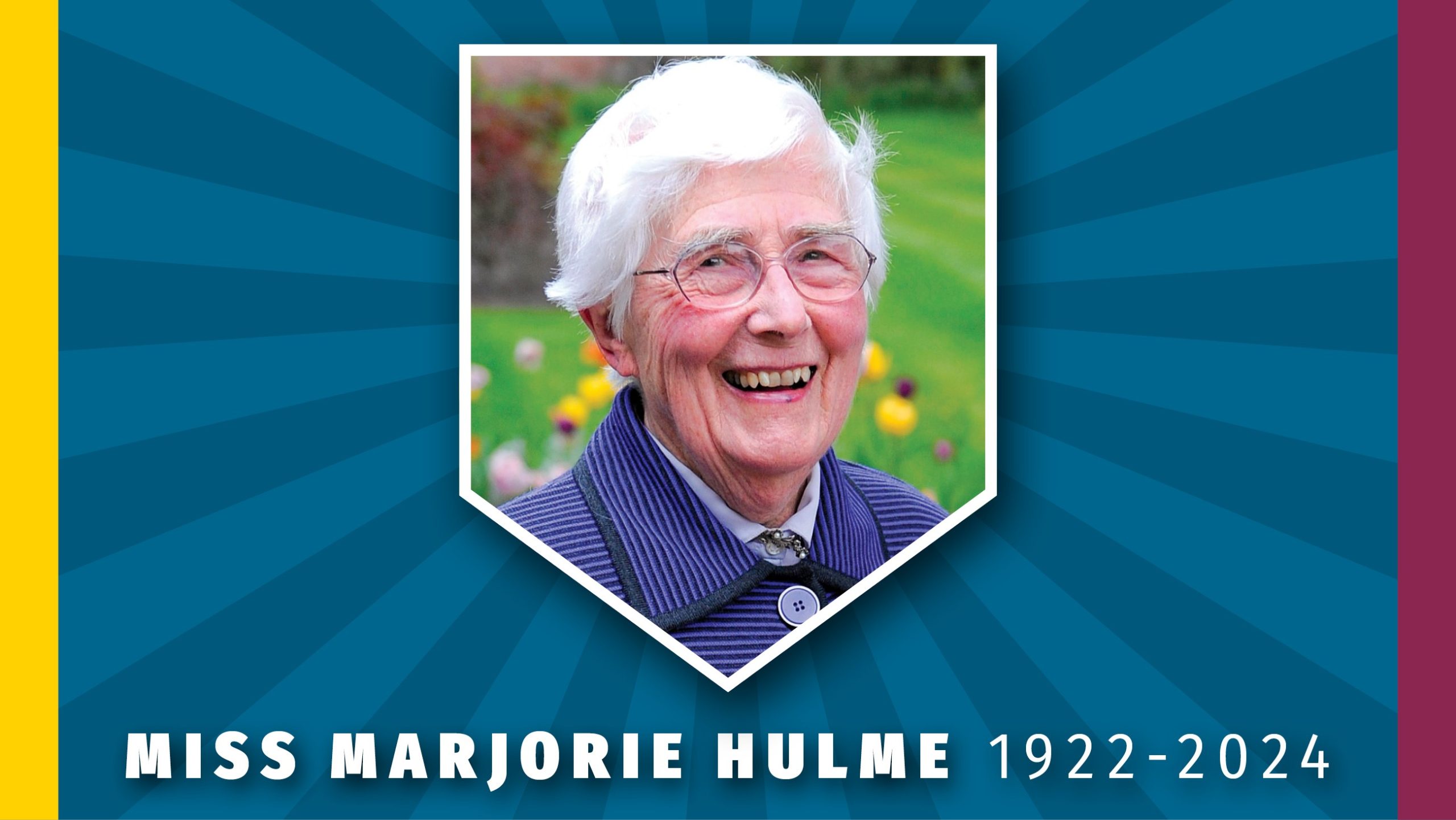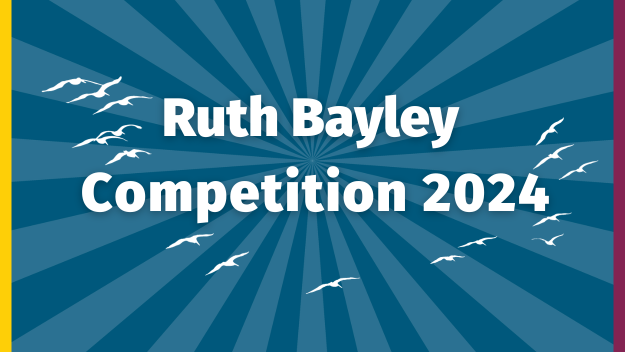The Founders of Withington Girls’ School
Charles Prestwich Scott was chairman of the Council from 1st April 1891 until his death on New Year’s Day 1932. As editor of the Manchester Guardian, recognition of Mr Scott’s work and personality was world-wide. WGS knew him more intimately as one of its founders and the originator of much that is best in the school of today.
His wife Rachel, one of the original seven students at Girton College, was also a foundation governor. Their daughter Madeline was one of the first four pupils at Withington. CP Scott was hard-working and autocratic but also a man of humanity, sound judgement and great integrity. It is known that he never installed a telephone in his office, and he preferred to write his leading articles in long hand rather than use a typewriter. Certainly he disliked the motor car and was to be seen daily cycling from his home, ‘The Firs’, in Fallowfield (now owned by the University of Manchester) to his office in Manchester.
The Baltimore Sun wrote of him in January 1932: ‘To a splendid heroic character, Scott added that wide-ranging intellect which England at her best, and that delicate taste, that sure instinct for things fine and beautiful, which is also England at her best.’
The first meeting to discuss the project of forming a ‘Higher Girls’ School for Withington and District was held in Miss Caroline Herford’s drawing room at Lady Barn House on 16th October 1889. Miss Herford was the first secretary of the original committee (later called The Council) and she remained a governor at WGS until 1924. In the first year she taught biology to the school; and the earliest records contain accounts of matches she arranged between WGS and Lady Barn House School. Her niece and her cousin’s daughters came to Withington. Miss Herford enjoyed the reputation of being a redoubtable woman, vigorous, forceful and a splendid teacher. For the most part her pupils admired and stood in awe of her, though there is no doubt she also had the power to intimidate.
Mr Henry Simon (then pronounced Seaman) was a founder of the school and honorary treasurer of its funds from the beginning until his death in 1899. Despite his strenuous work as a man of affairs (he was a consulting engineer) he found time for literary as well as scientific study. His influence was considerable and upon his death Mrs Emily Simon, herself a foundation governor, continued to support WGS. It is thanks to her forethought and generosity that WGS has such extensive fields and ample grounds. Mrs Simon founded a scholarship for Withington girls at the University of Manchester which bears her name and is still awarded today. She was a quiet, determined and courageous woman. Three of her four sons were killed during the First World War but she continued to work tirelessly at her home in Didsbury, ‘Lawnhurst’, which had become a military hospital. Henry and Emily Simon’s three daughters, Eleanor, Margaret and Dorothea, all came to Withington.
Mrs Louisa Lejeune was the last of the foundation governors to continue in office. Her work for WGS began in 1889 and ended only with her death in April 1936. Thus she gave nearly half a century of service to the school and there are many memories of her vital and attractive personality. The name of Lejeune is, in the words of Dr Ward in 1911, ‘luminous in the list of pupils of the school’. For five members of the family were educated at were educated at Withington in its first twenty years. Franziska gained a first class degree in the final honours school of English Language and Literature at Somerville in 1901. Marion went to teach at St Felix School, Southwold; Juliet took the certificate of the Froebel Union; Hélène went to read languages at Lady Margaret Hall; and Caroline, the youngest, became a renowned journalist and film critic.
Dr Adolphus Ward came to Owen’s College, Manchester, as Professor of English Language, English Literature and History. He was the first Chairman of the Council and although he resigned from his post in 1892 he retained his interest in the school and remained in close contact with Withington throughout his life. Dr Ward brought to the school the benefits of his experience in the academic world and his association with his cousin, Matthew Arnold, the poet and critic, who held the post of Inspector of Schools at the Education Office in London. Dr Ward became principal of Owen’s College, then Vice-Chancellor of the Victoria University, and finally Peterhouse College, Cambridge. His daughter, Adelaide, was an early pupil of the school, and herself a constant friend and benefactor.
It was Dr Ward who was invited to address the school on its first major anniversary, its twenty-first, in 1911. Some of his words on that occasion were quoted in our centenary anniversary celebration, Northern Lights, in 1990.
‘And now the school is of an age it can claim its inheritance, if not of gold and silver, of many noble and kindly memories and many encouraging and inspiring traditions. Let us trust that a future is before it which, while not unequal to its past, will refuse to forget those memories or to allow those traditions to become obscured. But such are the conditions of human life – and of school life in particular – that memories and traditions will not of themselves preserve the vital spark which kindles light and warmth-giving fire; and that without progress there must be stagnation. Progress is not an automatic movement, not a functional incident; it is the advance, however partial, towards ideals; and in our ideals therefore, as well as in the admonitions issuing from our memories and on traditions, rests the warrant of a future such as that to which (more especially on an Anniversary like the present, one of the stepping-stones as it were in the stream of time) we all of us rejoice in looking forward.’
Another founder, Louisa Lejeune, wrote to the School’s Headmistress at Christmas 1925: ‘Our hopes do change their name as life goes on, and mine, my hope and wish for myself and those dear to me, is that courage and love and the power to pluck little joys from the wayside may last – and even grow – to the end of the pilgrimage, which I hope is the beginning.’
Latest Withington News
Miss Marjorie Hulme
When we reflect on the history of our school and the people who have made it the place of outstandin…
Seven Students Celebrate Oxbridge Offers
Seven of Withington’s Year 13 cohort are celebrating offers to study at the Universities of Cambri…
Ruth Bayley Competition 2024
'Birds' is the theme of this year's Ruth Bayley Illustration Competition. Open to all pupils in the …




